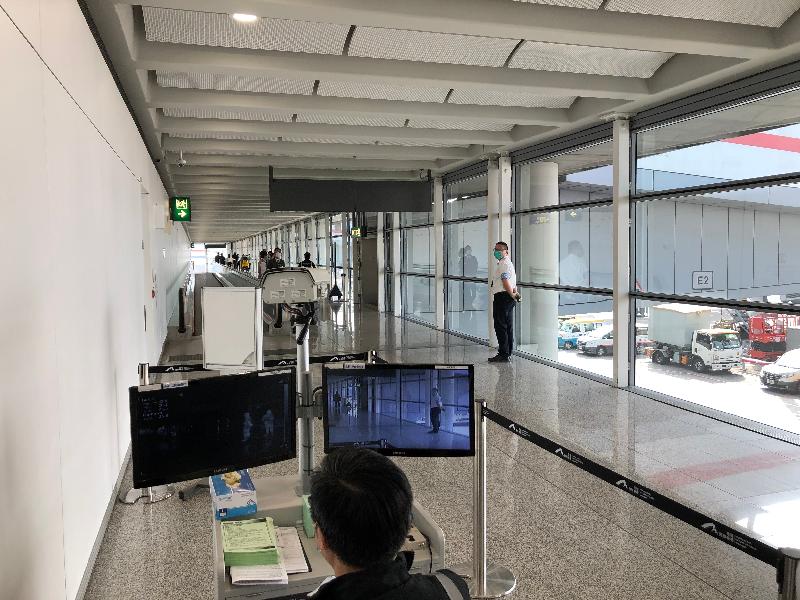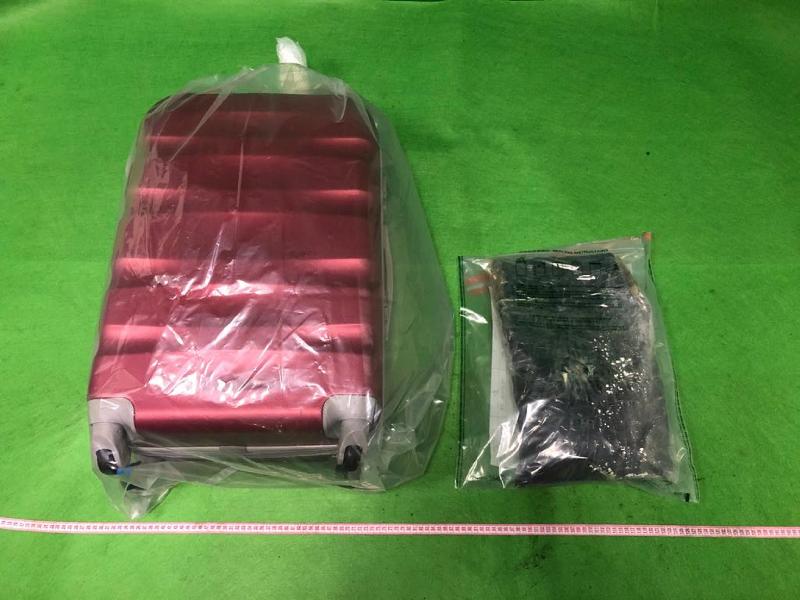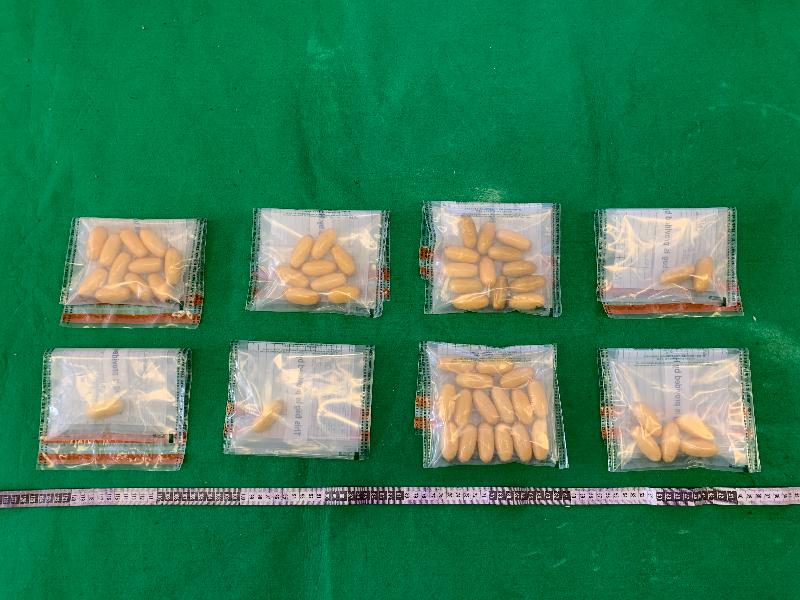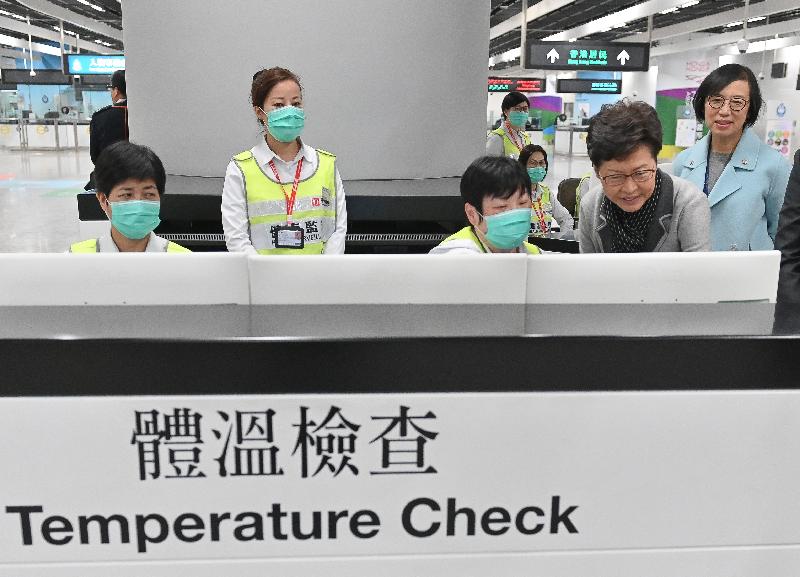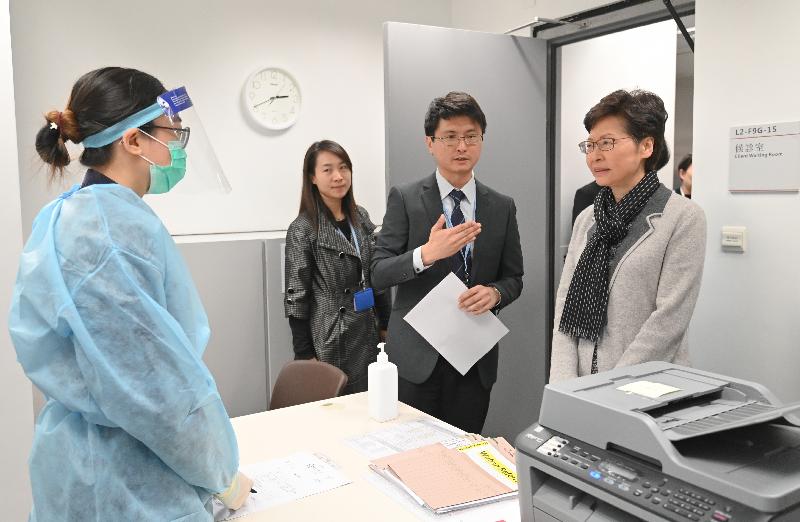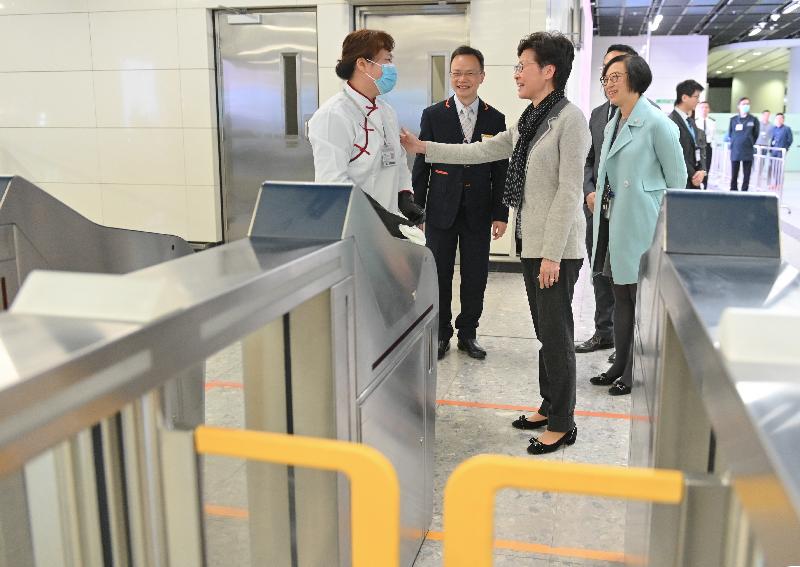The Centre for Health Protection (CHP) of the Department of Health (DH) today (January 3) received notification from the National Health Commission (NHC) on the latest information of the cluster of pneumonia cases detected in Wuhan, Hubei Province. The public is again urged to maintain strict personal, food and environmental hygiene both locally and during travel.
According to information from the NHC, a number of viral pneumonia cases with unknown cause have been identified since last December through medical surveillance. Symptoms were mainly fever while a few had presented with shortness of breath. As at 8am today, 44 cases have been reported. Among them, 11 cases were in serious condition and the remaining were in stable condition. All patients are receiving treatment in isolation. While 121 close contacts are under medical surveillance, contact tracing of close contacts is still ongoing.
Epidemiological investigations revealed that some patients are business operators at a local seafood market in Wuhan. For the time being, no obvious human-to-human transmission has been observed and no healthcare workers have been infected. While the causative pathogen and cause of infection are still under investigation, influenza viruses, avian influenza viruses and other common respiratory diseases such as adenovirus have been ruled out as the cause.
In response to the cluster of pneumonia cases in Wuhan, the CHP has enhanced surveillance since December 31 last year. Taking into consideration of the latest situation, the CHP has revised the criteria for surveillance today to widen the scope. Doctors are requested to report to the CHP if they encounter patients with fever and acute respiratory symptoms, or pneumonia symptoms; and who had visited Wuhan (regardless of whether they have visited wet markets or seafood markets there) within 14 days prior to the onset of the illness.
The CHP will continue to maintain close liaison with the NHC and closely monitor the latest development of cluster of pneumonia cases in Wuhan. The CHP will timely update the surveillance criteria and testing strategies in accordance with the latest situation. A dedicated webpage (www.chp.gov.hk/en/features/102465.html) has also been set up to provide relevant information and health advice. To address the public's concern, the CHP will announce the details of cases reported under enhanced surveillance (www.chp.gov.hk/files/pdf/enhanced_sur_pneumonia_wuhan_eng.pdf) on the above webpage daily to enhance transparency.
Meanwhile, the CHP has strengthened port health measures. Starting from today, additional thermal imaging system has been put in place in the Hong Kong International Airport dedicated for checking body temperature of inbound travellers from Wuhan. Additional manpower has also been assigned to Hong Kong West Kowloon Station of the Guangzhou-Shenzhen-Hong Kong Express Rail Link for checking body temperature of inbound travellers. Those with relevant symptoms and travel history will be immediately referred to public hospitals for isolation, treatment and follow-up.
The CHP has also enhanced health promotion for travellers at all boundary control points through broadcast, distribution of pamphlets and display of posters. Inbound and outbound travellers are reminded to take heed of preventive measures and maintain good personal and environmental hygiene. When travelling outside Hong Kong, the public should avoid visiting wet markets, live poultry markets or farms. Travellers are reminded to wear surgical masks and seek medical attention if present with fever or respiratory symptoms, and reveal their travel history to doctors.
The DH will again send letters to all doctors and private hospitals today, reminding them to pay attention and refer cases meeting enhanced surveillance.
To prevent pneumonia and respiratory tract infection, members of the public should maintain good personal and environmental hygiene. They are advised to:
• Perform hand hygiene frequently, especially before touching the mouth, nose or eyes; after touching public installations such as handrails or door knobs; or when hands are contaminated by respiratory secretion after coughing or sneezing;
• Wash hands with liquid soap and water, and rub for at least 20 seconds. Then rinse with water and dry with a disposable paper towel or hand dryer. If hand washing facilities are not available, or when hands are not visibly soiled, hand hygiene with 70 to 80 per cent alcohol-based handrub is an effective alternative;
• Cover your mouth and nose with tissue paper when sneezing or coughing. Dispose of soiled tissues into a lidded rubbish bin, then wash hands thoroughly; and
• When having respiratory symptoms, wear a surgical mask, refrain from work or attending class at school, avoid going to crowded places and seek medical advice promptly.
The public should take heed of the health advice below when travelling outside Hong Kong:
• avoid touching animals, poultry/birds or their droppings;
• avoid visiting wet markets, live poultry markets or farms;
• avoid making close contact with patients, especially those with symptoms of acute respiratory infections;
• adhere to food safety and hygiene rules such as avoiding consuming raw or undercooked animal products, including milk, eggs and meat, or foods which may be contaminated by animal secretions, excretions (such as urine) or contaminated products, unless they have been properly cooked, washed or peeled;
• if feeling unwell when outside Hong Kong, especially if having a fever or cough, wear a surgical mask, inform the hotel staff or tour escort and seek medical advice at once; and
• after returning to Hong Kong, consult a doctor promptly if having a fever or other symptoms, inform the doctor of recent travel history and wear a surgical mask to help prevent spread of the disease.
